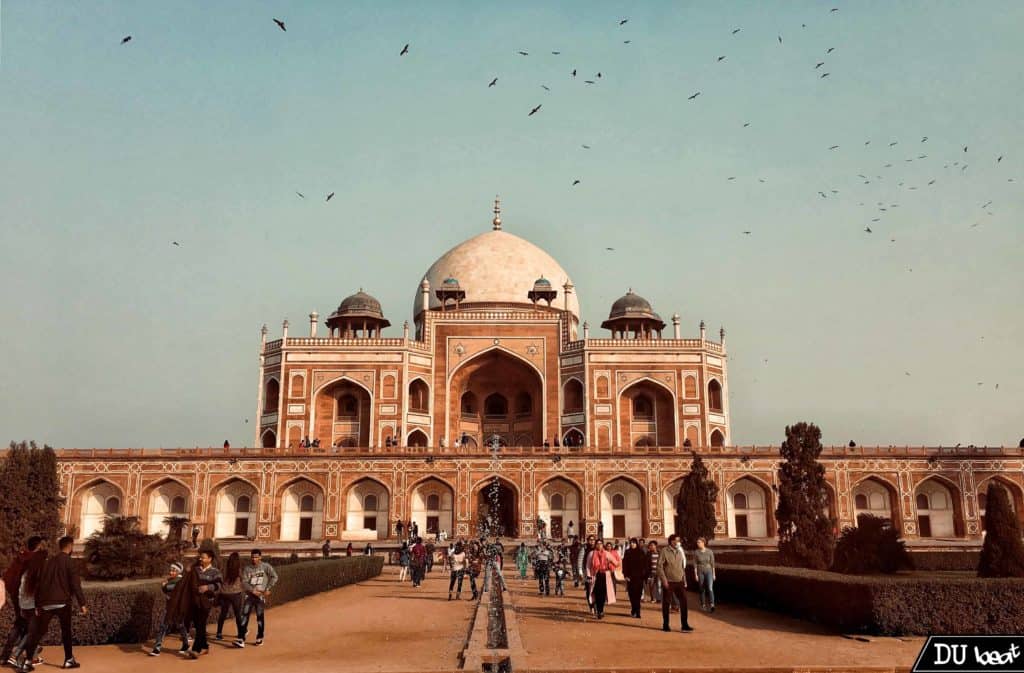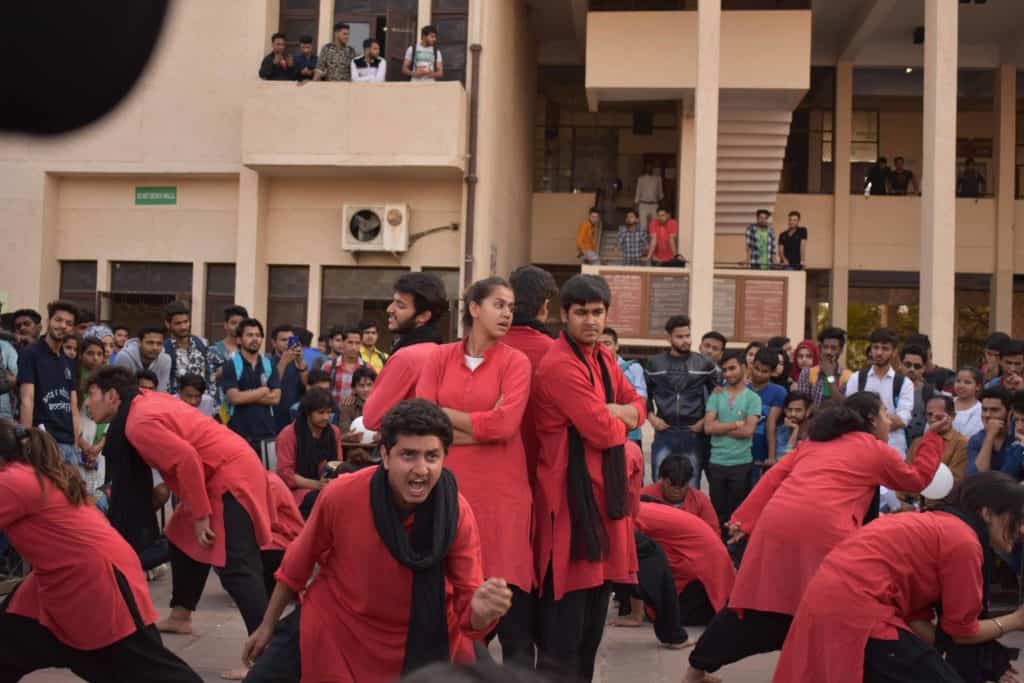With the start of a new semester for some a new exciting college life for others, the University of Delhi (DU) session begins during monsoon.
The energy is generally high and full of high hopes and expectations. The students can be seen milling around trying out auditions for various societies, attending classes with a new-found vigour, and doing their best to make most out of the day.
However, all this energy still cannot dispel the little low you feel at the prospect of another year and all the challenges it will bring forth. It is a little daunting task for freshers coming from various parts of the country and finding their whole world turned upside down. It is hard to find your niche, your group of people, and a place in which you feel safe and most comfortable to be in. When you finally do, the rest of the journey is far more easier and smooth.
Speaking from experience, a student elaborates, “My first year was rough. My society took considerable amount of my time and in the beginning I was scared about managing both my classes and society. The most tough part was that I was not able to connect with my classmates as I was able to do with my society people.”
At such point of time, classes become boring and you don’t even feel like attending lectures without any friendly faces in it.
In girls’ colleges, the whole experience is different. If you are coming from co-ed schools, the whole environment feels alien. You have doubts about settling in and whether you will be able to survive the three years. However, trust me on this- no other college is as empowering and as enriching in experience as girls’ colleges turns out to be.
A student from Kamala Nehru College says, “Initially, I was scared to be in this city. It was huge and fast. I thought people would be way smarter than me. I underestimated my own self and worth. With time, my confidence grew and I felt comfortable to such an extent that I was no longer intimidated by anyone. I realized my potential and all my initial fears and misconceptions disappeared.”
There are also some very confusion-filled days when you feel like migrating. You are still confused about your course or college. The best way to cope with it would be to analyse what you want best thoroughly before making any long-term decision. The journey makes the destination more beautiful. So, have complete faith in your journey.
The dreary weather can feel a little overbearing when combined with the feeling of not belonging but every dark cloud will dispel to let the sunshine pour forth. With time, you will create the best memories. Your initial fear will seem inconsequential and, with each passing day, your fears will abate.
Apparently, monsoon in Delhi brings bouts of self-doubt and also a lot of mosquitoes. Don’t let the moody weather pull you under and also don’t let these mosquitoes bite. Both of them are not exactly recommended for a happy disposition required to make most of your days in DU!
Feature Image Source: Facebook
Antriksha Pathania
[email protected]











